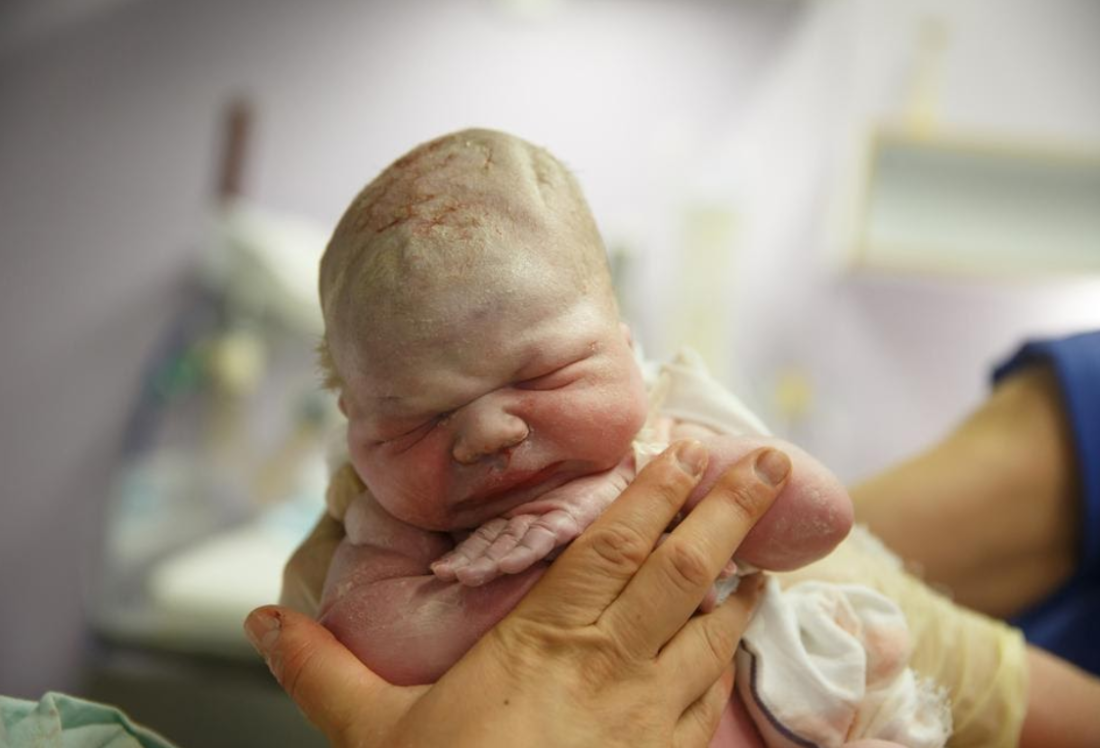The word complication may be acceptable when applied to travel interruptions or a delayed appliance delivery, but you should never accept this umbrella word to explain occurrences that impacted your child’s birth, especially if it resulted in a birth injury. If your child was born with a birth injury, the medical provider owes you an explanation. As in journalism, you need to ask five questions. Who, what, where, why, and when. Professional attorneys can help give insight into what claims can be made for birth injuries and trauma. These five words may also be used to define a birth injury that need not have happened. —(what) physical harm or trauma incurred (when) during the birth process (where) in a hospital or other medical facility (why) as a result of negligence or poor judgment on the part of (who) a trained medical professional who should have known better.

Birth Injuries vs Birth Defects
Birth Defects
It’s important to keep in mind that a birth defect is not the same as a birth injury. This is key when it comes to deciding whether or not to pursue a medical malpractice lawsuit, and it involves the when question. While a birth injury takes place at the actual time of birth, a birth defect develops during pregnancy as a result of a genetic abnormality in the child’s DNA. Cleft palates, down’s syndrome, congenital heart defects, diaphragmatic, hernias, and abnormally small limbs are a result of birth defects. While a doctor may be implicated in a birth injury, there is nothing he could have done about a birth defect. In some cases, however, a doctor may be able to counsel the mother to terminate the birth or prepare her to deal with it.
Birth Injuries
Spinal cord injuries, bone fractures, and intracranial (within the skull) hemorrhages are not birth defects. They are birth injuries suffered at the hands of a medical provider. In many cases, the same can be said for lifelong conditions like cerebral palsy, facial paralysis, spinal bifida, and spastic quadriplegia that occur during birth as a result of medical action or inaction.
Natural Causes of Birth Injuries vs Doctor-Caused Birth Injuries
It has been said that being born is often the hardest part of life and indeed it is a difficult process. While most people come through it without harm, there are circumstances that can result in the child being injured; natural occurrences that have nothing to do with the physician. These include
- A breach birth in which the baby makes its way through the birth canal feet first rather than head-first.
- A premature birth
- A very large baby
- A long and laborious birth
- The mother’s narrow or oddly shaped birth canal
While the last three don’t automatically imply that a doctor was at fault, they do fall into a gray area since in all three cases had he or she stepped in and advised a cesarean delivery instead of a natural birth the child may have been born without the birth injury. And if it comes to pass that the child will need special care or considerations throughout life, it may even be a case of negligence bordering on malpractice. However, this is a conclusion best left to an attorney who has handled many types of birth injury claims.
On the other hand, there are birth injuries that are a direct result of an action the doctor took even though there was no intention to do harm. These black and white instances include
- Forceps deliveries
- Failure to provide oxygen
- Twisting or pulling the infant during delivery
- Improper due date calculation
- Vacuum extraction
- Miscalculating the size of the baby
In instances like these, the question is whether the birth injury qualifies as a medical malpractice case.
What Constitutes Malpractice
In order to make a malpractice claim, three elements need to be checked off.
Negligence
In a malpractice case, negligence refers to a failure to live up to the expected standard of medical care. In other words, did the mother and/or child receive the care they would have received in the hands of an equally trained obstetrician?
Injury
Once negligence has been established, the next question is whether it caused the injury. Negligence that does not result in an injury is just that — negligence. Conversely, an injury that did not involve negligence may be a tragic event, but it is not grounds for malpractice.
Financial Consequences
As a direct result of the negligent treatment, it needs to be proved that the child will face hardships including disability, extreme pain, extensive medical expenses, inability to earn an income, and in many cases, lifetime care.
What You Should Do
If you think your baby’s birth injuries are a result of malpractice, you should seek the opinion of a qualified malpractice lawyer, such as one who works for a well reputed firm like gadsby wicks law. In order to best advocate for your child and ensure they get the compensation they deserve, document every step taken along the way. Take notes regarding the progression of their condition, all medications prescribed, subsequent procedures undertaken, and any conversations you have with the obstetrician involved as well as the opinions of pediatricians and specialists you may have consulted. These can all be submitted as evidence your chosen legal expert can use when building a legal case.




